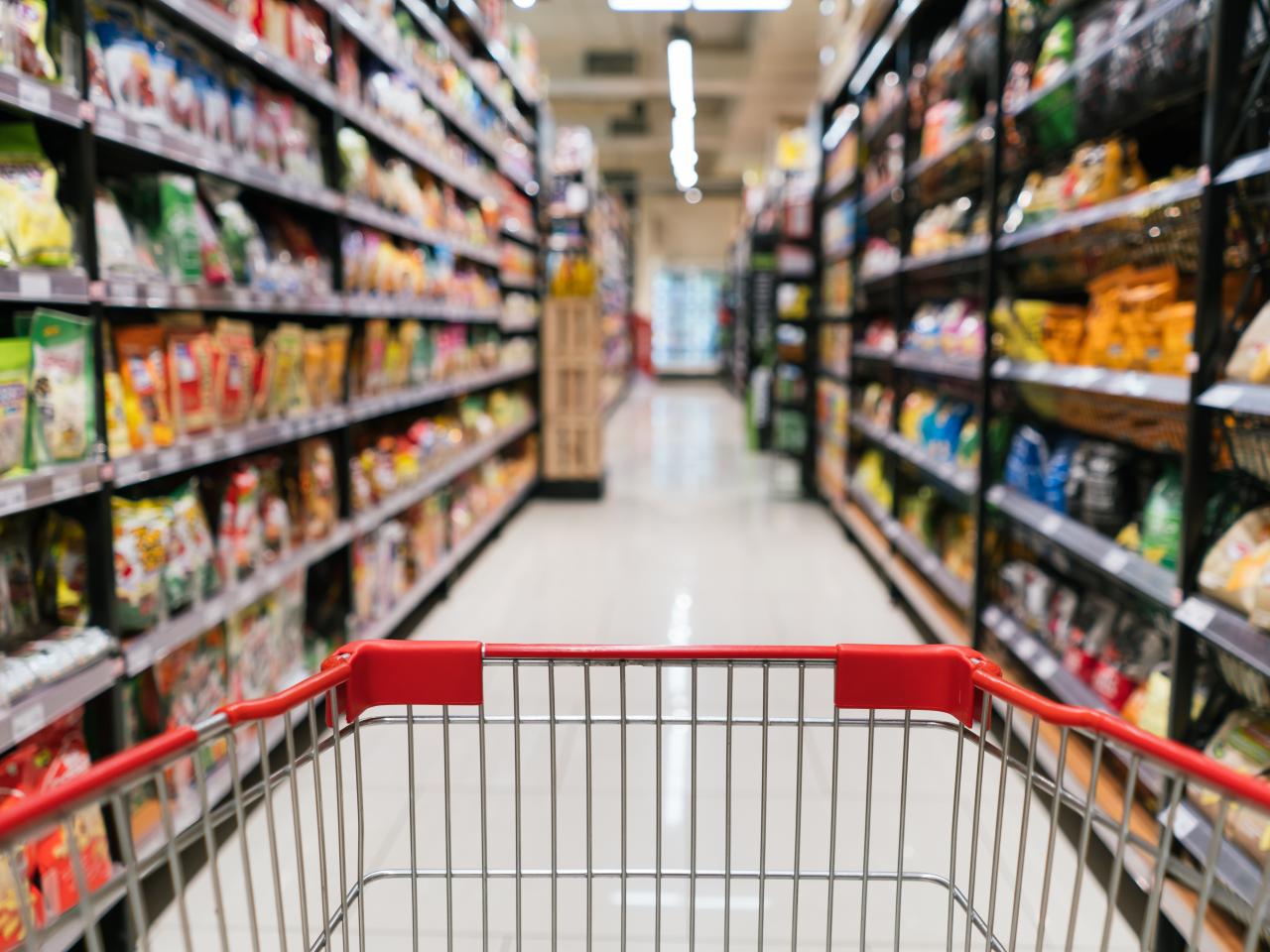Companies responsible for providing food and essential household products are beginning to publicly express their concern about the future of the American consumer.
“Compared to the situation three months ago, today we probably don’t have such a positive view of consumer behavior,” said Jamie Caulfield, Chief Financial Officer of PepsiCo, during an investor call held on Thursday.
The main consumer sector conglomerates are lowering their financial forecasts for this year, anticipating declines in both sales and profits. This trend involves companies such as PepsiCo (which also owns Frito-Lay and Quaker Oats), Kimberly-Clark (producer of brands like Kleenex, Huggies, and Scott), and Procter & Gamble (manufacturer of Tide, Pampers, and Charmin).
This is the first batch of quarterly reports following President Trump’s announcement of 145% tariffs on imports from China, along with a 10% duty applied to all global imports starting earlier this month. A 25% tariff was also imposed on imported aluminum, directly impacting companies that require large quantities of cans or foil.
Until recently, most of these companies used the word “uncertainty” to describe the economic outlook. However, they have now begun to provide more concrete estimates and data.
Kimberly-Clark estimates that the current trade war will result in an increase of $300 million in its operating costs. For its part, Procter & Gamble warned that it might be forced to raise prices as a way to offset the impact of new expenses. In the case of Chipotle, it has been noted that customers, increasingly concerned about their finances, are cutting back on consumption of their popular bowls.
“Since February, we began to observe that the prevailing sense of uncertainty among consumers was starting to affect their purchasing habits,” said Chipotle’s CEO, Scott Boatwright, during the shareholder call on Wednesday. “This was reflected in our traffic studies, where the main reason consumers reduced the frequency of their visits was the desire to save money due to the economic situation.”
Several of these major brands rely on China to obtain materials, packaging, and other components of their supply chains. At the same time, those manufacturing their products within the United States now face reciprocal tariffs imposed by other countries in retaliation for U.S. measures.
“Uncertainty creates a more reserved consumer with heightened levels of anxiety,” said Noel Wallace, Chief Executive Officer of Colgate-Palmolive, during the Friday earnings presentation. “When there is uncertainty in the macroeconomic sphere and everything it implies, consumers tend to be more conservative and cautious about the future.”
Wallace also referred to the travel sector, noting that airlines like Delta and American Airlines have reported adjustments in travelers’ budgets. This mindset, he warned, eventually extends to all categories of consumption. “We’re likely to see consumers reduce stock in their pantries and refrain from buying an extra tube of toothpaste or an additional bottle of body wash, in the face of an external environment they clearly perceive as highly unstable,” said Wallace. Between January and March, Colgate-Palmolive’s sales in North America fell by 3.6%.
The executive projects that spending on essential goods will regain strength over the remainder of the year and continue into 2026, “at a pace aligned with consumer confidence levels.” In this regard, a key survey conducted by the University of Michigan and updated on Friday revealed a sharp decline in the population’s expectations regarding the direction of the U.S. economy. In April, the sentiment index fell by 8% compared to March, and 32% compared to January. Across all political sectors, a larger proportion of people expressed concerns about the deterioration of their personal finances and a rise in inflation during the year.
Despite these fears, inflation in March continued to show signs of easing, with consumer prices rising only 2.4% compared to the previous year, and even posting a slight decrease compared to February. Declines were also recorded in gasoline prices, airline tickets, and used cars.
Retail sales represent a key component of the U.S. economy. In the lead-up to the tariffs, March saw a notable increase in retail sales, driven by consumers who decided to purchase automobiles and high-value items in advance of possible price hikes stemming from the tariffs. Some analysts have pointed out that a prolonged period of low unemployment and rising incomes has been crucial to sustaining consumer spending momentum in the United States.







